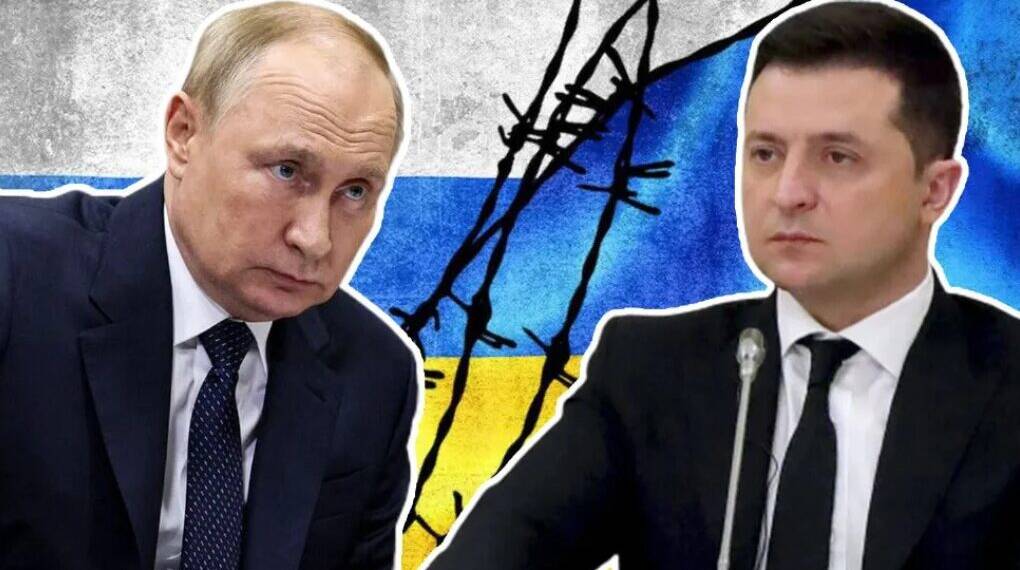In a war-weary atmosphere thick with diplomatic maneuvering, Kremlin officials signal that Russian President Vladimir Putin is prepared to explore a path toward ending the conflict in Ukraine—though not at the expense of his government’s fundamental ambitions. This message, delivered by longtime Kremlin voice Dmitry Peskov on national television, underscores a cautious Russian willingness for dialogue, but with clear red lines.
Peace on Whose Terms?
According to Peskov, the Kremlin recognizes ongoing calls for negotiation, yet insists that Moscow’s principal objectives left deliberately ambiguous remain non-negotiable. “Dialogue is possible, but Russia’s foundational aims come first,” he commented, emphasizing a long-term strategic vision over swift compromise. In Peskov’s words, achieving a peaceful resolution will not be easy or quick due to the complex realities on the ground.
This reserved stance comes as Ukraine intensifies its plea for revival of negotiations. President Volodymyr Zelensky has once again advocated for direct high-level talks, expressing a willingness to meet with Russian counterpart Vladimir Putin to secure a sustainable peace. Kyiv’s overtures were reportedly prompted by another week of devastating missile attacks on Ukrainian cities and mounting civilian casualties.
Trump’s Role: Pressure and Opportunity
Amid the diplomatic deadlock, US President Donald Trump has thrust himself into the spotlight, vowing a tougher approach on Moscow. Trump announced a significant new tranche of air defense support for Kyiv—spearheaded by NATO backing and issued a bold challenge: If Russia refuses to enter into a truce within 50 days, a new round of sanctions will be imposed.
The Kremlin downplayed Trump’s typically forceful language, with Peskov noting that global audiences are accustomed to his style. However, there was acknowledgment that Trump continues to press for a negotiated solution, offering a potential avenue for diplomacy, albeit under strict timelines.
Talks Without Traction
Efforts to broker even a temporary ceasefire have so far faltered. Previous rounds of Istanbul negotiations yielded little more than humanitarian agreements, such as exchanges of prisoners and the repatriation of bodies. Major substantive issues—especially Ukraine’s sovereignty, its relationship with Western allies, and the question of contested territories—remain points of intense disagreement.
For Kyiv, any settlement requiring additional concessions or restrictions on foreign support is a nonstarter. In recent weeks, Ukrainian officials have openly questioned Moscow’s seriousness, warning that talks are pointless if Russia’s demands remain maximalist.
A New Calculus?
Russia’s readiness for further discussion, seemingly motivated by increasing international pressure and relentless Ukrainian resistance, hints at a complex negotiating environment ahead. Washington’s renewed military commitments to Kyiv, coupled with its hard deadlines for Russian compliance, suggest that any talks will unfold under unprecedented scrutiny and urgency.
For Putin, the balancing act is clear: appearing open to dialogue while holding firm on critical demands. For Zelensky, the challenge is to sustain international support while navigating internal pressures to protect Ukrainian sovereignty at all costs.
Looking Ahead
With proposed negotiations on the horizon and both sides unwilling to blink first, the possibility of a genuine breakthrough remains uncertain. Trump’s self-imposed countdown adds new pressure, but whether this will induce compromise or further entrench the impasse is yet to be seen.
One thing is certain: the war in Ukraine is entering a new phase, where the lines between diplomacy, deterrence, and battlefield realities have never been more tightly drawn.








